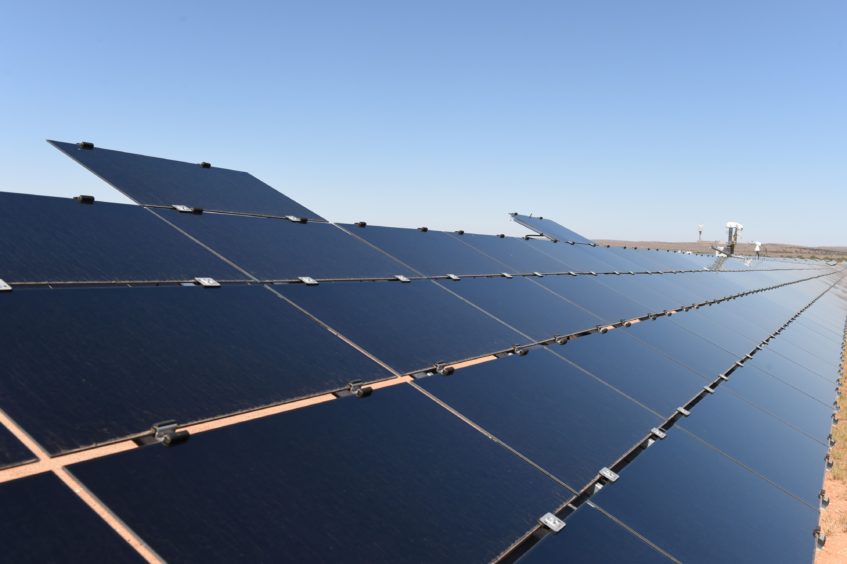
The Nigerian government has set out plans for a major expansion for domestic solar power capacity.
Nigerian Vice President Yemi Osinbajo set out a plan to “produce what we eat and consume what we produce”. The economic sustainability plan had four strands, of which one was installation of solar home systems.
Osinbajo said the policy would see solar power generation equipment installed on 5 million households, serving around 25 million Nigerians. The programme is focused on houses not connected to the national grid.
Installing solar systems is one of the ways in which Nigeria will create “millions of new jobs”, Osinbajo said. “We need to focus on encouraging local production, local services, local innovation, and emphasise the use of local materials,” he said.
The other three parts of the jobs and economic stimulus plan included work to expand agriculture to increase farmland under cultivation, public works and road construction, and finally a mass housing scheme that would see 300,000 homes built per year.
Nigeria’s economic sustainability plan was launched in response to the challenges thrown up by coronavirus. The degree to which Nigeria’s economy operates in informally has provided some protection, but the budget has been squeezed.
Osinbajo said that with oil at $30 per barrel Nigeria had a “shortfall of about 185 billion naira [$477 million] every month” in government spending.
“The government’s plan to invest in 5 million solar home systems across Nigeria, is an important development. Energy is a core pillar of economic growth and will be a strong catalyst to sustainable economic recovery, post-COVID-19,” said Lumos Nigeria’s CEO Peju Adebajo.
“Lumos is the market leader in affordable solar home systems, providing access to power to homes, micro and small businesses nationwide, and we understand the impact on quality of life and livelihoods. We applaud this important initiative and will work with the Renewable Energy Association (REA) to make it a reality.”
REA
The Nigerian government has provided support for solar power in the past. The REA, in early June, said it had commissioned two solar hybrid mini grids in Bayelsa State.
One study from academics in Kano reported that only 40% of households in Nigeria have access to electricity.
Updated at 9:46 am with comment from Lumos Nigeria’s Peju Adebajo.

